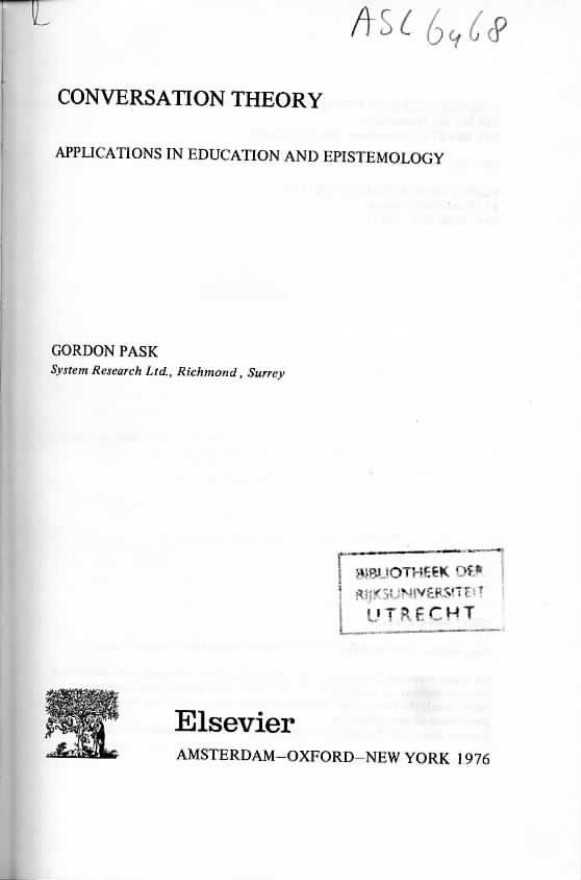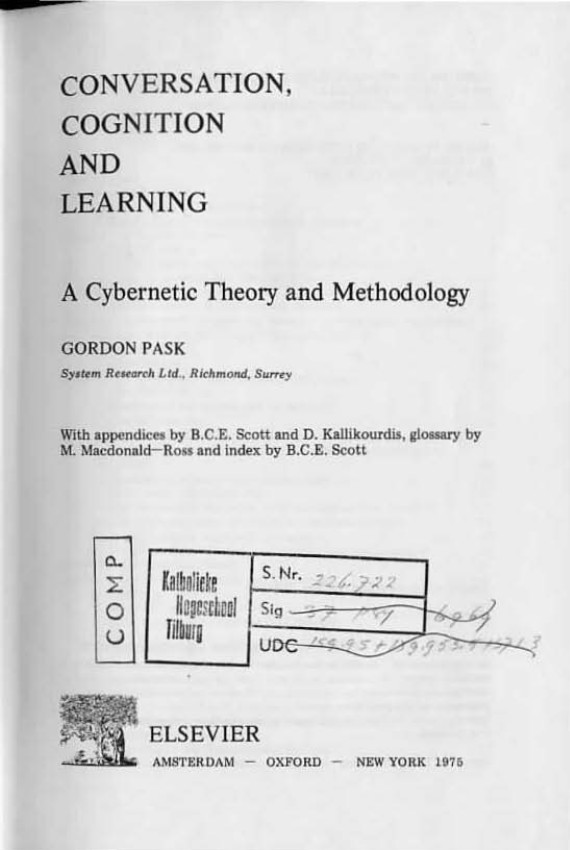Readings For Artworkers, No. 2: Creative Industries and Knowledge Factories: Analysis and Resistance (2010)
Filed under journal | Tags: · creative industries, education, knowledge, knowledge production

“Journal of the Free / Slow University of Warsaw provides a summary of another year of activity of our educational para-institution. In 2010 we continued our critical reflection on the transformation of the public sphere in Poland. We analysed the current changes in creative and cultural circulation, in the world of independent initiatives, official institutions of art, academies and universities. We organised: 12 open seminars from the cycle Readers for Artworkers hosted by sociologists, artists, curators and activists; Second Congress of the Free / Slow University of Warsaw – Creative Industries and Knowledge Factories: Analysis and Resistance participated by educators, artists, activists and cultural theorists from the entire Europe. The present report includes texts and transcriptions that summarise our seminars, the congress and debates organised by the FSUW in 2010.”
Journal of Free/Slow University of Warsaw, Poland, 2010
Culture, Not Profit series
FSUW curators: Kuba Szreder, Jan Sowa
Edited by: Arek Gruszczyński, Bogna Świątkowska, Joanna Turek, Szymon Żydek
Transcription: Joanna Turek, Zuzanna Stańska, Katarzyna Maniak
PDF (single PDF)
PDF (PDF articles)
Gordon Pask: Conversation Theory. Application in Education and Epistemology (1976)
Filed under book | Tags: · communication, cybernetics, education, epistemology, knowledge, knowledge production, learning

“The argument in this book aims to apply a body of cohesive and interpretable ideas, developed over the last dozen years or so, to issues of significance in educational psychology and epistemology. The history and development of these ideas, which emerged from experiments on perceptual motor learning, group interaction and sequential choice (as well as more obviously relevant studies of learning, subject matter structuring and cognition), are described in two previous books (Pask 1961, 1975a). But the main themes are crystallised in a monograph (henceforward called ‘the previous monograph’), Pask 1975b, Conversation, Cognition and Learning, which is part of the present series. In fact, the previous monograph marks a point of departure, for the notions cling together well enough to count as an empirically supportable theory: Conversation Theory.
Ideally, perhaps, Conversation, Cognition and Learning should be read first. But there are some 600 odd pages of it, including some lengthy appendices, and provided the reader will take various statements on trust, it is quite possible to start with this book. Conversation, Cognition and Learning can be regarded, with equal legitimacy, as an essay in man/man and man/machine symbiosis or as an essay upon education, learning and the like. In contrast, the present book is an application study and is unambiguously oriented towards the areas of education, its psychology and epistemology. The Introduction provides the essential groundwork, and for those who have read Conversation, Cognition and Learning, it bridges the gap between the two volumes.” (Gordon Pask, from Preface)
Publisher Elsevier, Amsterdam-Oxford-New York, 1976
ISBN 044441424X, 9780444414243
402 pages
via pangaro.com
PDF (updated on 2012-7-16)
Comment (0)Gordon Pask: Conversation, Cognition and Learning. A Cybernetic Theory and Methodology (1975)
Filed under book | Tags: · cognition, communication, cybernetics, education, learning, psychology

“The work on which the content of this book is centred took place over more than a decade. It started, in the middle fifties, with the construction of adaptive training machines, with superficially disconnected studies of chemical computing systems, and, towards 1960, with experiments on machine-monitored small group inter-action. Since that period an underlying theory has emerged from a gaggle of prescient concepts. It owes a great deal of its present shape to the ideation and criticism of friends and colleagues, only some of whom can be mentioned directly.
First of all, it is noteworthy that parallel work has gone on in two places; my own laboratory at System Research Ltd and in Heinz Von Foerster’s Biological Computer laboratory, at the University of Illinois. Both endeavours were encouraged by Warren McCulloch; the reader will detect the influence of his ideas and guidance appearing repeatedly throughout the discussion. Apart from this, the parallel development was not specially contrived and it was sustained by irregular personal liason. Hence, it is gratifying to find that recent publications from the Biological Computer Laboratory image our own conclusions, differing, chiefly, in the notation employed and the area of application. People familiar with the field will probably find the threads of mutualism quite obvious; for the benefit of others, a few of these threads are picked out. For example, Loefgren worked with Von Foerster whilst refining the formalism on which the currently-used type of abstract reproductive and evolutionary process is founded; Maturana (whose theory of autopoietic systems is the analogue, in a biologist’s mind, for certain stable cognitive organisations in the present theory) worked there as well; Maturana’s theory is to appear in a subsequent monograph in this series. Both Ashby, the system theorist, and Gunther, the philosopher, taught and researched with Von Foerster; much of the present theory hinges upon their ideas.
On home ground, the theory, and the experiments as well, owe a great deal to two colleagues of long standing: Brian Lewis and Bernard Scott. Prof. Lewis and I shared a common interest in cognition since early in the 1960s and brooded jointly (as we still do) over problems of learning and teaching. Bernard Scott came to the laboratory at the time when Lewis went off to study education in the large and since that time we have maintained a comparably symbiotic intellectual relationship. At about the time I started to write this manuscript (having discarded many previous drafts of it as inadequate) both circumstance and research interest brought all of us into close contact again and we were joined, in the last year, by Dionysious Kallikourdis (who contributes one Appendix, explicitly).” (Gordon Pask, from Preface)
With appendices by B.C.E. Scott and D. Kallikourdis, glossary by M. Macdonald-Ross and index by B.C.E. Scott
Publisher Elsevier, Amsterdam/Oxford/New York, 1975
ISBN 0444411933, 9780444411938
570 pages
via pangaro.com
PDF (updated on 2012-7-16)
Comment (0)
